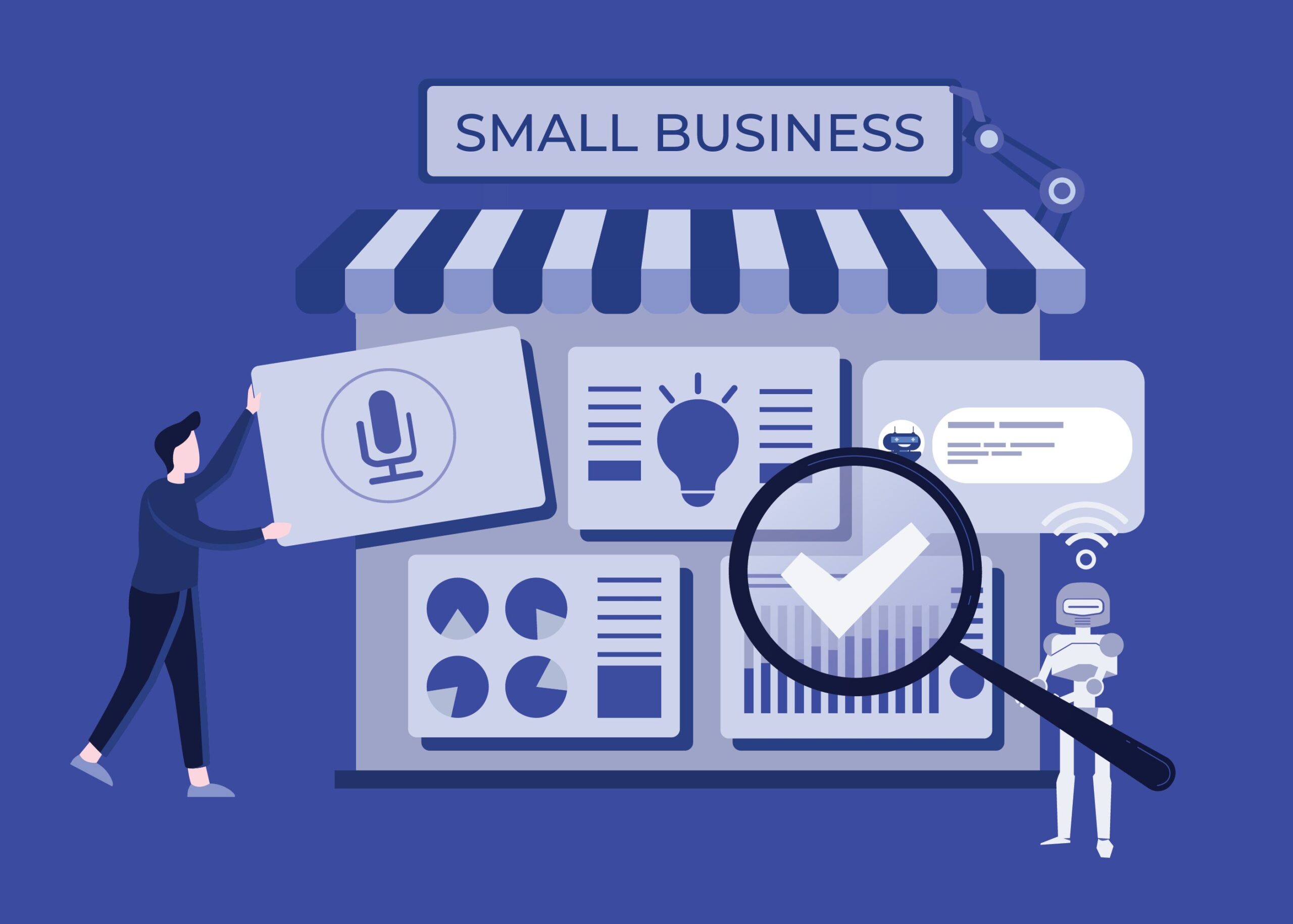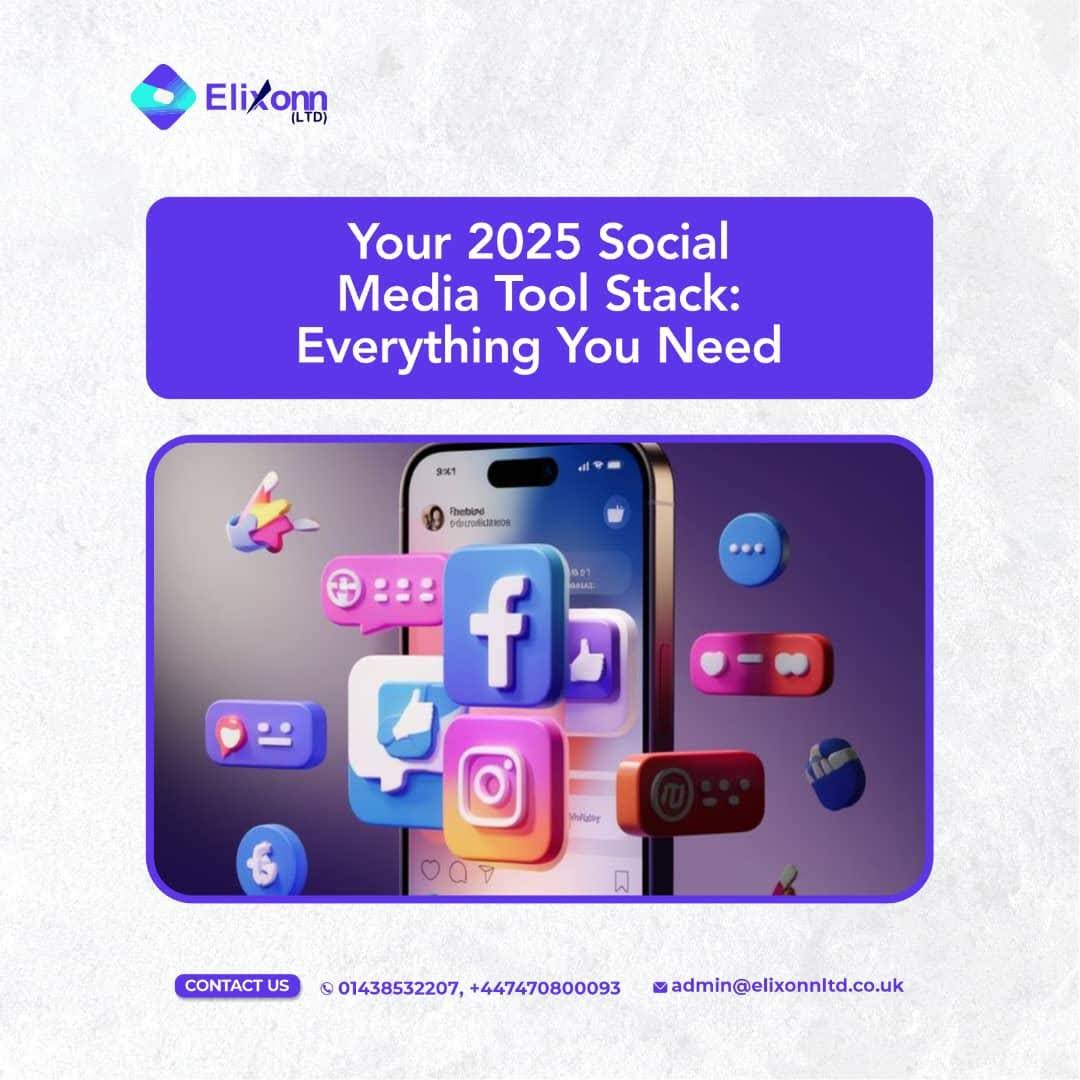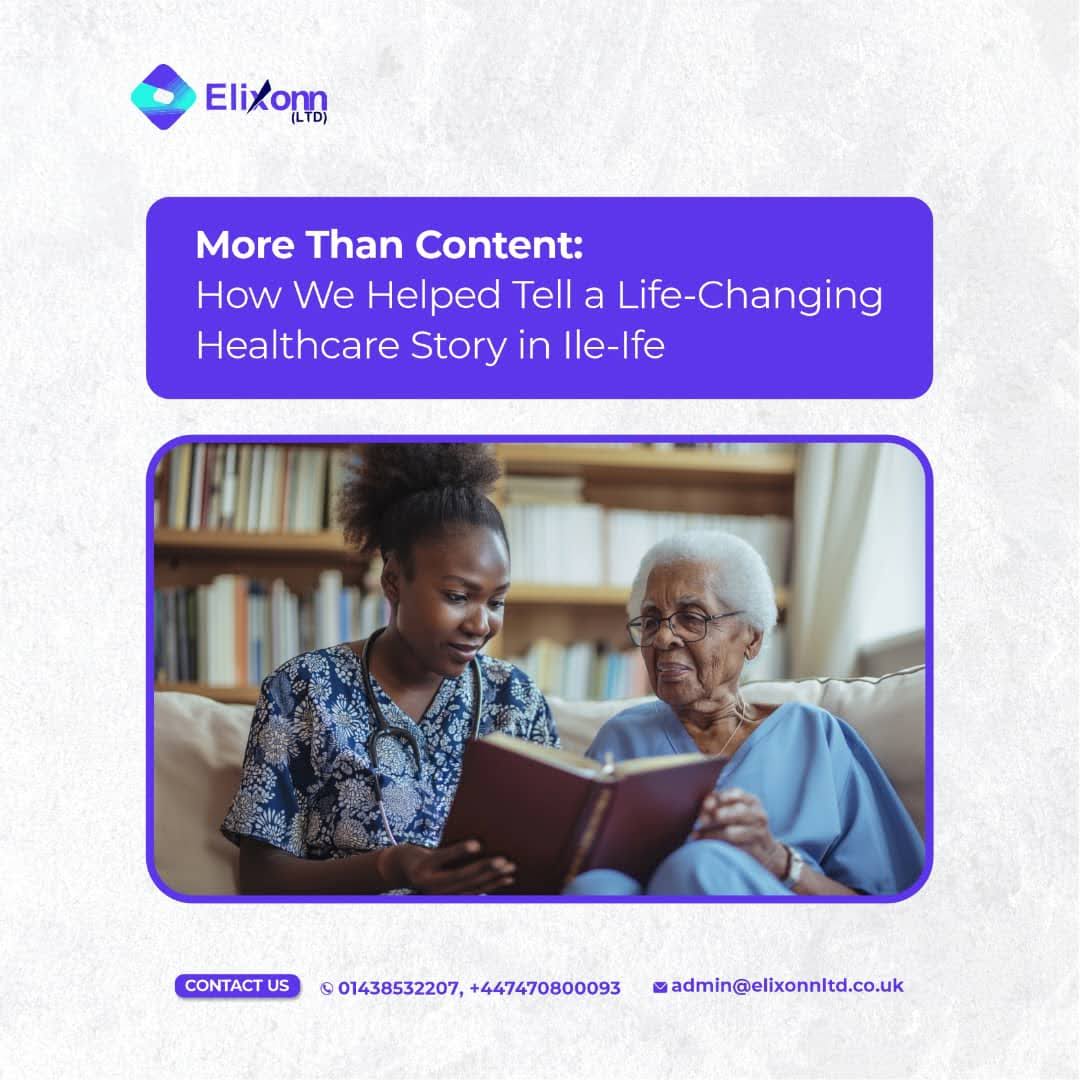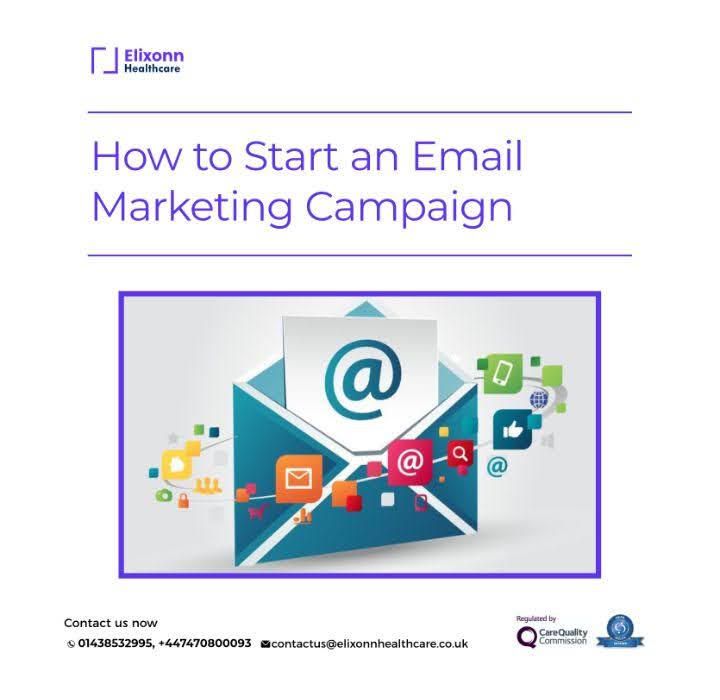In recent years, mobile apps have become a vital tool for healthcare startups. The ability to access information and services through mobile apps has revolutionized the way people interact with healthcare. With the increasing number of mobile users, healthcare startups need to focus on building mobile apps to provide better access to healthcare services. Here are some of the reasons why healthcare startups need mobile apps.
1. Easy accessibility
Mobile apps have made it possible for people to access healthcare services from anywhere at any time. People can now schedule appointments, check lab reports, and even receive virtual consultations through their mobile devices. This easy accessibility has been a game-changer for healthcare startups as it eliminates the need for physical visits to clinics or hospitals.
2. Improved patient engagement
Healthcare startups that have mobile apps can improve patient engagement. By providing information, reminders, and notifications through their mobile apps, healthcare startups can keep patients engaged in their healthcare journey. This helps patients stay on top of their health goals and stay informed about their medical conditions.
3. Increased efficiency
Mobile apps can help healthcare startups increase efficiency by streamlining processes and reducing paperwork. With features such as online appointment booking, prescription refills, and online consultations, healthcare startups can save time and resources. Mobile apps can also help reduce administrative costs, making it easier for startups to manage their operations.
4. Personalization
Mobile apps can help healthcare startups provide a more personalized experience for their patients. By collecting data on patients’ health conditions, lifestyle habits, and preferences, healthcare startups can provide tailored recommendations and personalized treatment plans. This level of personalization can help patients feel more connected to their healthcare providers and more engaged in their health journey.
5. Improved data management
Mobile apps can help healthcare startups manage patient data more efficiently. By digitizing medical records and storing them in a secure database, healthcare startups can easily access and manage patient information. This not only reduces the risk of losing patient data but also makes it easier to share information with other healthcare providers when necessary.
6. Competitive advantage
In the highly competitive healthcare industry, mobile apps can give startups a significant competitive advantage. Mobile apps provide startups with a platform to offer unique services and features that set them apart from their competitors. By offering a better user experience, healthcare startups can attract and retain more customers.
7. Cost-effective
Mobile apps can be a cost-effective way for healthcare startups to provide services to their patients. By reducing the need for physical visits, startups can save money on overhead costs such as rent, utilities, and staffing. Additionally, mobile apps can help startups reach a wider audience, increasing their revenue potential.
8. Improved communication
Mobile apps can improve communication between healthcare providers and patients. Through messaging and video chat features, patients can communicate with their healthcare providers in real-time, eliminating the need for phone calls or emails. This can lead to faster response times and better outcomes for patients.
9. Better adherence
Mobile apps can help patients adhere to their treatment plans by providing reminders and notifications. Patients can receive alerts for medication refills, appointment reminders, and even reminders to exercise or eat healthy. By helping patients stay on track with their treatment plans, healthcare startups can improve patient outcomes and satisfaction.
Elixonn Ltd Mobile App Development Service
At Elixonn Ltd we develop custom-made applications that convert offline everyday routine processes and practices to electronic signals that operate at the touch of a button on mobile devices. This removes the burdensome paperwork and increases efficiency and service delivery. Our apps target specific procedures or the general operational aspects of an organization. We can automate staffing, record keeping, sales, customer service, clinical activities, bookkeeping, information dissemination, etc. We can build apps for your healthcare startup, contact us today.
Conclusion
In conclusion, healthcare startups need mobile apps to stay competitive and provide better services to their patients. Mobile apps offer easy accessibility, improved patient engagement, increased efficiency, personalization, improved data management, a competitive advantage, cost-effectiveness, improved communication, and better adherence. With the increasing number of mobile users, healthcare startups that invest in mobile apps can improve their chances of success and help improve the healthcare industry as a whole.







